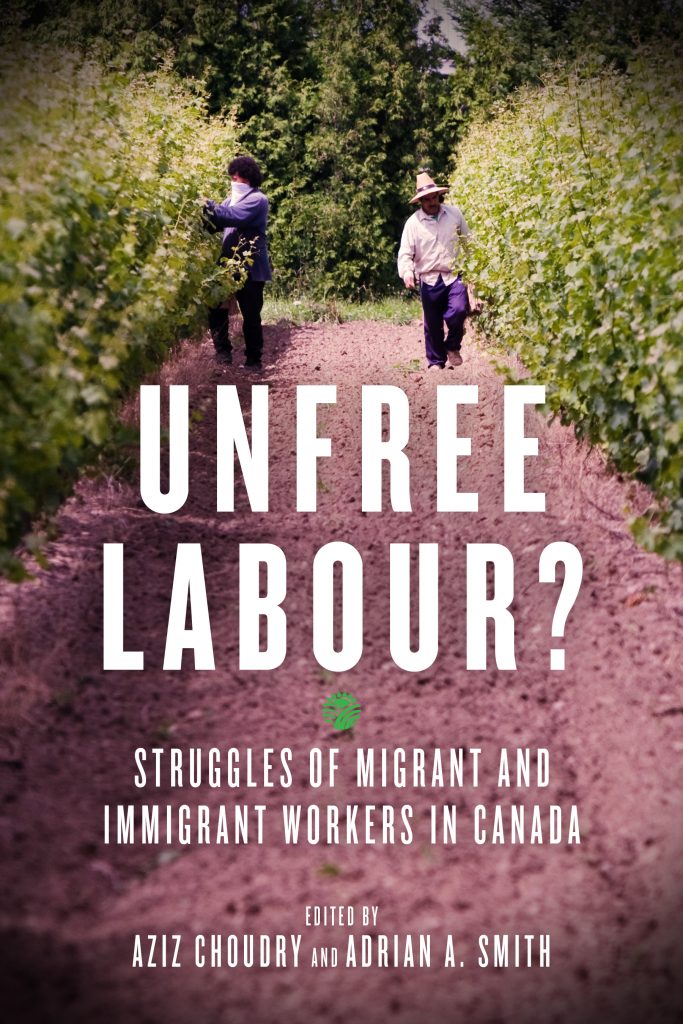By Andreas Bieler
Trade unions and global restructuring
October 20th, 2016
With precarious forms of work increasingly also emerging within the core of industrialised countries in the global economy, the issue of how to organise migrant workers has become an ever more pressing concern. In his talk at Nottingham University on Tuesday, 17 October, Aziz Choudry reported on related challenges, drawing on two of his recently co-edited books, Unfree Labour? Struggles of Migrant and Immigrant Workers in Canada (Oakland, CA: PM Press, 2016), together with Adrian Smith, and Just Work? Migrant Workers’ Struggles Today (London: Pluto Press, 2015), together with Mondli Hlatshwayo. In this blog post, I will draw out a couple of key insights resulting from Choudry’s analysis of a large range of different forms of migrant labour organising.
If we want to understand global restructuring of capitalism today, we need to focus on analysing the role of migrant workers, argues Choudry. They experience the most dramatic forms of super-exploitation within the global economy, characterised by ever more insecure working conditions and poverty pay. With their work permits often tied to a specific employer, they are directly subject to extra-economic compulsion, being unable to look for work elsewhere, if their employer treats them badly. In Canada, seasonal agricultural workers pay into the social insurance system without, however, being granted access to its benefits. Analysing the conditions of migrant labour allows us to understand better the ‘geographies of exploitation’, we are confronted with at this point in time. There is a danger that the working conditions of migrant workers demonstrate development in employment relations, which may become the future for the wider workforce. Hence the importance of organising migrant workers against exploitation in the first place.
Nevertheless, while securing the rights of these super-exploited migrant workers is of utmost importance and makes a huge difference to their individual lives, the question remains of how securing the rights of some seasonal workers in agriculture, for example, can be translated in transforming the agricultural sector as a whole so that there are no precarious forms of work in the first place. In other words, the challenge is to upscale individual victories in a change of employment relations across industrial sectors and the economy as a whole. Migrant workers’ organising strategies may provide us with a glimpse in this respect, but they can only be the beginning of a more fundamental process of transformation.
Professor of Political Economy
University of Nottingham/UK
[email protected]
Personal website: http://andreasbieler.net
Back to Aziz Choudry’s Author Page | Back to Adrian A. Smith’s Author Page







